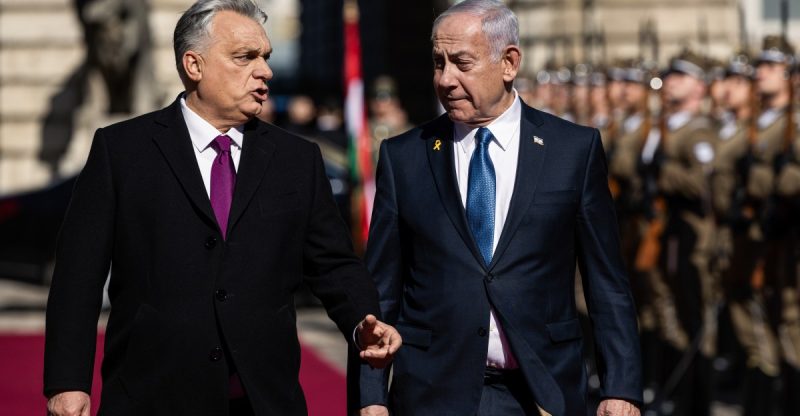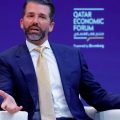
The narrative often paints a picture of President Donald Trump leading a global populist revolution, uniting right-wing nationalist leaders against the liberal international order. However, a closer look at recent foreign policy reveals a more nuanced reality. While figures like Hungary’s Viktor Orbán and India’s Narendra Modi have cultivated close ties with Trump and his administration, their relationships have proven less mutually beneficial than initially perceived.
Netanyahu’s long-standing relationship with the US Republican Party, including Trump himself, hasn’t shielded Israel from unexpected policy shifts. Trump’s direct negotiations with Hamas, the Houthis, and Iran, culminating in a Middle East tour that notably excluded Israel, left many Israeli supporters stunned. Similarly, Modi’s strong populist appeal and close working relationship with Trump haven’t prevented friction. Trump’s ceasefire announcement in the India-Pakistan conflict, along with his criticism of Apple’s plans to move iPhone production to India, sparked outrage amongst many of his Indian supporters.
Even Orbán, a frequent guest on US conservative media and a star at CPAC, has shown signs of frustration. His government’s insistence on maintaining strong economic ties with China, despite pressure from Trump, highlights the limitations of their supposed alliance. This simultaneous pro-Trump and pro-China stance reveals an increasingly awkward position for Orbán.
The “Liberation Day” tariffs announced by Trump in April further underscore this lack of consistent alignment. Countries led by leaders who share Trump’s views on various issues, such as Argentina and El Salvador, weren’t spared from these tariffs, indicating that ideological affinity doesn’t necessarily translate into preferential treatment.
Ultimately, Trump’s foreign policy decisions seem less driven by political alignment and more by immediate transactional benefits. He prioritizes deals and quick wins, often at the expense of long-term relationships with ideological allies. Recent electoral setbacks for right-wing parties in countries often compared to Trump’s America also cast doubt on the supposed global triumph of his populist model. While Trump’s legacy is yet to be fully written, it’s becoming increasingly clear that he will not be remembered as the architect of a globally successful far-right populist movement, and he doesn’t appear particularly concerned about that fact.










